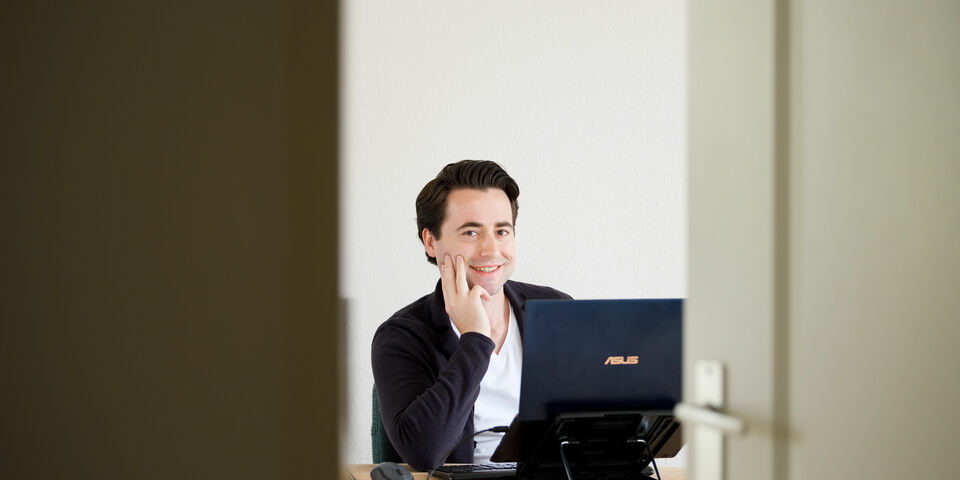Two worlds apart
A few years back, my teacher started his class with the phrase ‘I hate you all welcome’. Naturally, I cringed pretty badly and just hoped he was kidding; this was a demonstration of a highly educated sense of humor, right?
Unfortunately, such pseudo literal translations were all but an exception during my Bachelor’s studies, and they did little to bolster my confidence in the TU/e teaching staff. At the same time, it was blatant that some teachers had as little faith in their English speaking skills as I had in theirs.
The discussion about whether all courses at TU/e should be taught in English is pretty ancient; in fact, I remember Brad Pitt still being married to Jennifer Aniston back then. Still, I must pour some salt on old wounds, since not only are ever more of our courses taught in English, the TU/e also strives to establish an international community.
Strive, indeed. After several years of intensive recruitment abroad, a large group of foreign students and employees are crowding our campus, but they remain pretty isolated within their respective study programs and research groups. Instead of having established an international community, the TU/e is now home to an ‘Expat Island’ in Eindhoven’s melting pot.
Naturally, an international student association like Cosmos is undeniably successful, but its reach is confined to the natural borders of Expat Island. There is little interaction between Dutchies and internationals, let alone friendships. Exemplary for this discrepancy are groups of international student who sit idly in the grass during the intro week, unhappy about the cheese sandwiches they have to eat, as well as bored about the scheduled visit to all-Dutch student associations.
The Dutch dissatisfaction of teachers using ‘Dunglish’ is merely symptomatic of this lack of real international integration. The ever increasing top-down pressure to offer all education in English is unlikely to improve this, so why won’t the TU/e broaden its horizon and start thinking about offering more language classes? Why won’t teachers compose project groups themselves more often, to avoid segregation based on nationality? And why doesn’t the TU/e consider a best practice example like the Student Sports Center, where foreign and national athletes go hand in hand?
Let’s move this discussion forwards, and start working on the ‘internationale gezelligheid’.


Discussion